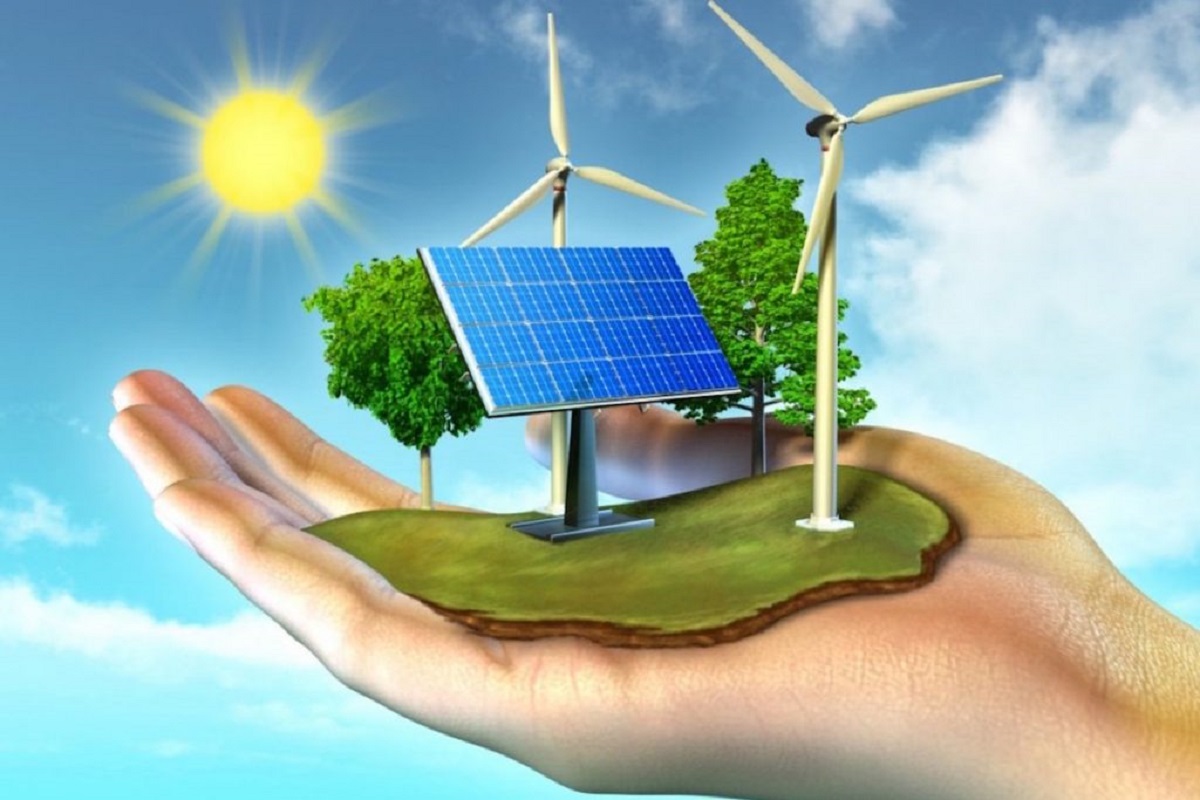Restructuring of the "greens" must be completed in a civilized manner: DiXi Group expert
Not all investors are happy with the government’s memorandum, seeing violation of the terms on which investments were made in Ukraine’s “green energy”
It is important to resolve the conflict between investors in renewable energy and the government in a civilized manner, for otherwise, it could become a negative “case” for future investments, DiXi Group President Olena Pavlenko said in a commentary to BBC.
“They saw a high tariff, came to this country, took out a loan or invested their own money, built a power plant, and expect adequate behavior from the government. But as it turned out, the government failed to foresee that not only oligarchs but also many other players will come on board and start developing this sector,” Mrs. Pavlenko said.
She stressed that the government’s actions may produce a situation when all investors will feel “punished” by the government, regardless of whether it is an oligarch or a player acting in good faith.
Overall, the expert believes that the launch of the market, and later the crisis, put a spotlight on other systemic problems of the electricity generation sector. However, reforming it became a harder task than reforming the gas sector.
“Electricity generation is a more complex mechanism. There are more players there, more generation that must be coordinated. In addition, the gas market has long had preconditions for a market and players ready to compete for consumers,” the expert commented.
Presently, the government is trying to put out fires in the sector.
“The market is presently lacking funds. These funds must come from somewhere. The government will take the money either from other sources, such as budget, or from market participants. The market participants-consumers are either industrial enterprises or households. Industrial consumers are already paying high price; households pay below the market. Sooner or later, the government will come to households,” Mrs. Pavlenko explains.
At the same time, she admits that it will hardly happen in the nearest future, “because indeed, after the quarantine there are questions regarding money and employment,” adding that the scenario of revising the prices for households cannot be ruled out.
In Mrs. Pavlenko’s opinion, the government is presently making attempts to exert greater influence over what’s going on in the market and better regulate power generation. The foregoing is indicated, in particular, by the government’s initiatives which must be voted on by the parliament. The expert added that soon, the government will have to get back to market mechanisms anyway.
Mrs. Pavlenko also believes that the tactic of extinguishing fire must go hand-in-hand with the strategy of thorough calculations of how to reach the long-term goals which, in fact, are unchanging.
“Since Ukraine is a part of the Association Agreement [with the EU], it will have to get to what is called a true market, where power generating companies will compete and where the share of green energy will grow,” she said.
It is worth reminding that the government has submitted, and the parliament has passed, the law on settling Energorynko SE’s debt incurred in the energy sector prior to 1 July 2019, when reform was launched. The Cabinet of Ministers also submitted to the parliament a draft law changing the terms for investors in “green” energy.
In particular, the “green” tariff will be lowered:
- by 15% for solar power plants with the capacity of over 1 MW,
- by 7.5% for wind power plants with 2000 kW turbines, commissioned between 1 July 2015 and 31 December 2019,
- by 10% for solar power plants with the capacity of under 1 MW,
- by 2.5% for green power plants commissioned this year.
In the future, the government wants to somewhat “discourage” investors in solar energy: solar power plants with the capacity of over 1 MW, commissioned after 1 August, should expect their tariff lowered by 60%.
The National Energy and Utilities Regulatory Commission believes that certain provisions of the Memorandum between the government and investors in renewable energy violate the fundamental legal principles recognizing all business entities as equal before law, the regulatory agency’s resolution says.
In particular, the NEURC regards as unreasonable the approach in which the restructuring of tariffs stipulated in the Memorandum does not apply to the “green” tariff established for wind power plants commissioned before 30 June 2015. In addition, considering the forecasted average electricity sale price in the day-ahead market, forecasted weighted average “green” electricity tariff, forecasted electricity production output from alternative sources for 2020, and forecasted portion of Guaranteed Buyer’s existing debt owed to renewable electricity producers to be paid in 2020, the regulatory agency has recalculated Ukrenergo NPC’s electricity transmission tariff effective 1 August 2020.









